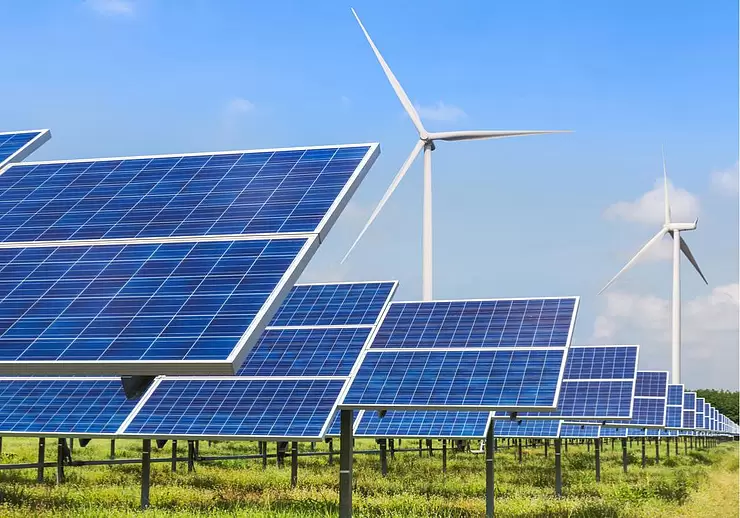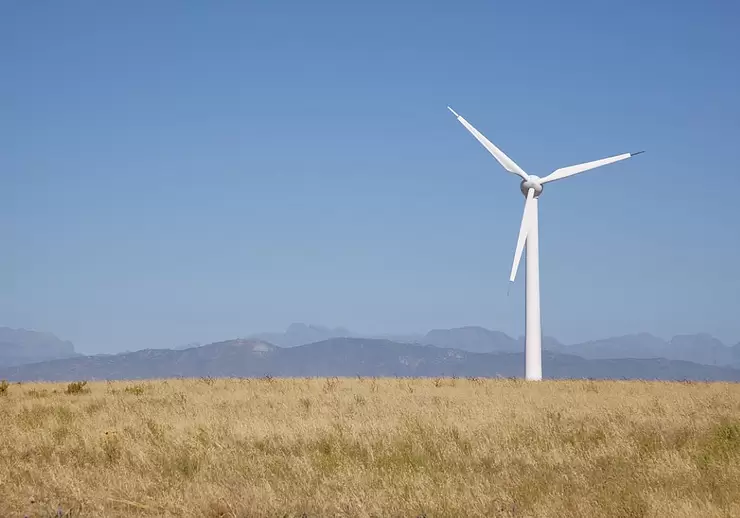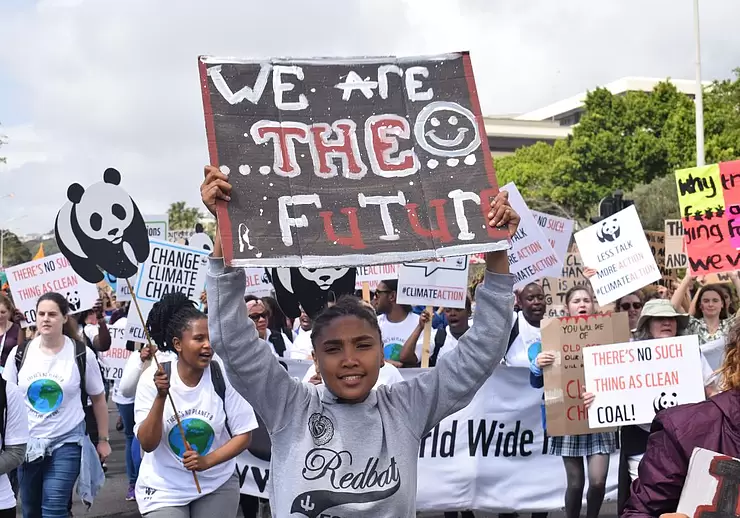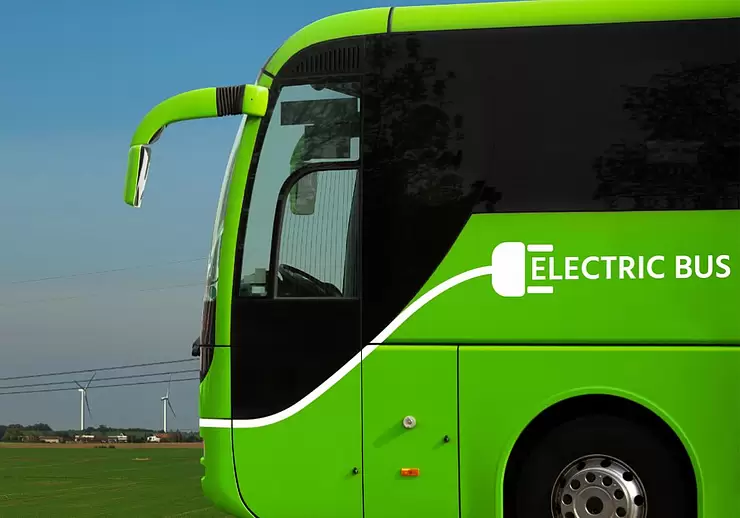The WWF is run at a local level by the following offices...
- WWF Global
- Adria
- Argentina
- Armenia
- AsiaPacific
- Australia
- Austria
- Azerbaijan
- Belgium
- Bhutan
- Bolivia
- Borneo
- Brazil
- Bulgaria
- Cambodia
- Cameroon
- Canada
- Caucasus
- Central African Republic
- Central America
- Central Asia
- Chile
- China
- Colombia
- Croatia
- Democratic Republic of the Congo
- Denmark
- Ecuador
- European Policy Office
- Finland
South Africa's energy future remains unclear. Despite legal requirements, the national Integrated Energy Plan (IEP) has not been finalised since its last draft in 2016. Without an updated, inclusive and transparent energy plan, the country lacks a clear pathway to address its urgent socio-economic, environmental and energy challenges.
South Africa’s National Energy Act (2008) mandates that the Department of Electricity and Energy annually develop, review and publish an IEP. This plan should guide energy supply, transformation, and demand in ways that support national goals for sustainable development, economic growth, environmental protection, and social well-being.
However, this legal obligation has not been met, leaving a significant gap in transparent, accountable, and inclusive energy planning – and piecemeal enery implementation. An effective IEP must consider critical issues such as greenhouse gas mitigation, air quality management, energy access, economic development, and the effective deployment of sustainable renewable technology choices that will enable an inclusive Just Energy Transition.
WWF South Africa has thus developed the illustrative People’s Energy Plan (IPEP) as an analytical and recommendation report to outline South Africa’s energy supply and demand and to analyse the energy needs of South Africa on how they respond to shifts in energy demand and energy efficiency and how the energy sector affects socio-economic and environmental opportunities and limitations.
IPEP builds on the understanding of long-term energy futures through scenario analysis, which are designed to explore the implications of a scenario that will ensure South Africa achieves net zero by 2050 through quantitative indicators that characterise long-term energy and energy-interlinked objectives and outcomes. The respective scenarios have been modelled to define potential pathways which may be taken to reach long-term outcomes, accounting for possible variations, interventions and constraints as long-term energy systems modelling is vital to integrated energy planning.
WWF South Africa uses the Illustrative People’s Energy Plan (IPEP) to demonstrate how transparent, accountable, and inclusive energy planning can inform South Africa’s transition to 100% renewable energy by 2050. WWF South Africa’s IPEP ESRG model and scenario analysis is not to develop a full “IEP” however, to illustrate how energy planning can be done accountably and transparently.
WWF’s IPEP is a technical and participatory process that models future energy pathways. Using scenario analysis, the plan explores how different energy choices can shape long-term socio-economic and environmental outcomes. It helps demonstrate how energy planning can be done transparently and inclusively to reflect societal needs and support South Africa's net-zero ambitions.
Central to the IPEP is the SATIMGE (South African TIMES Integrated Model with CGE) framework, which models South Africa’s full energy system. This links energy supply and demand with economic and social indicators, providing a powerful tool to explore risks, trade-offs, and pathways towards a sustainable energy future aligned with South Africa’s net zero goals.
The process also engages diverse stakeholders to co-create scenarios that reflect a range of policy choices, economic conditions, and social priorities. So, we work with a range of partners including government associations, civil society, labour unions and municipalities.




The IPEP project began in early 2024 when WWF commissioned ESRG at UCT to conduct technical modelling and stakeholder scenario workshops. Through this process, WWF aims to ensure that future energy planning is inclusive, transparent and aligned with a decarbonised, socially just energy future for South Africa.
- WWF successfully convened broad stakeholder engagement across civil society, labour, government, and academia to co-develop the IPEP scenarios.
- Fhedzi Modau, Presidential Climate Commission (PCC) secretariat member, mentioned twice in PCC meetings that he is working with WWF South Africa on the IPEP project. This advances our engagement strategy with respective government stakeholders.
